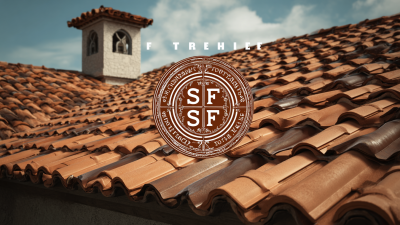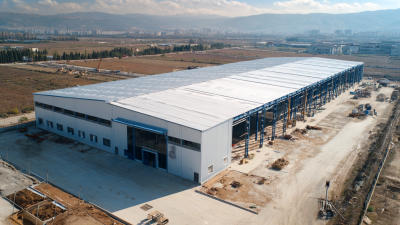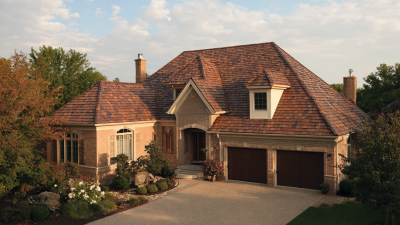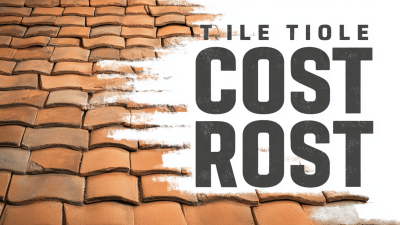
Leave Your Message
-
Phone
-
E-mail
-
Whatsapp

When it comes to enhancing your home's comfort and tranquility, choosing the right soundproof roof tile can make all the difference. The hustle and bustle of city life, coupled with unpredictable weather conditions, can turn your sanctuary into a noisy environment. Therefore, selecting the best soundproof roof tile is essential for creating a peaceful living space. This blog aims to guide you through the myriad options available, helping you understand key factors such as material, thickness, and design that impact sound insulation. By equipping yourself with the right knowledge, you can not only improve your home’s acoustics but also increase its aesthetic appeal.
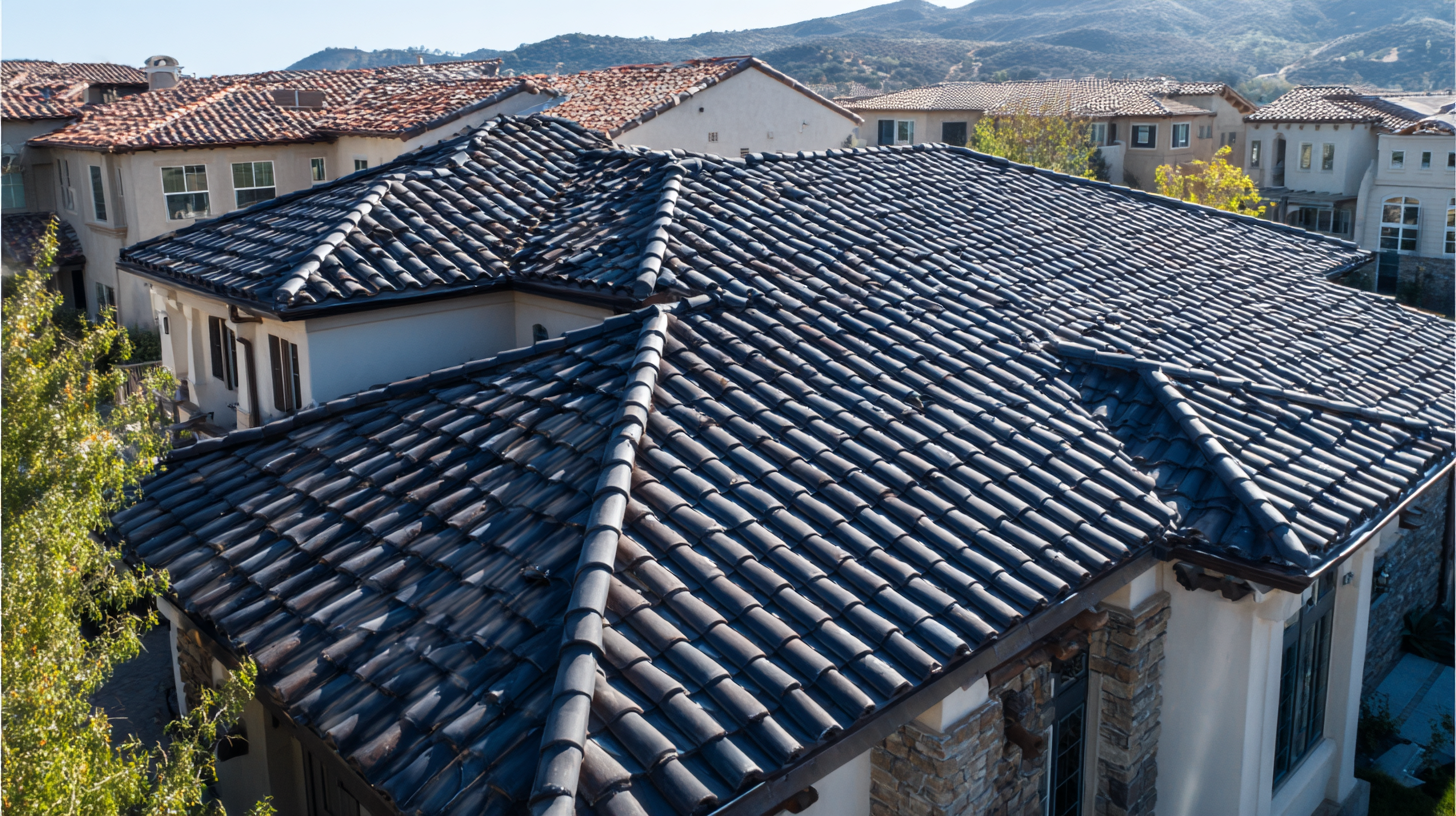
Join us as we explore the top features to consider when choosing the perfect soundproof roof tile to suit your needs and elevate your home experience.
When it comes to selecting the ideal soundproof roof tile for your home, it's essential to understand the various types available on the market. Soundproof roof tiles are designed to minimize noise pollution from the outside, creating a quieter and more comfortable living environment. The different materials used in these tiles significantly impact their soundproofing capabilities. For instance, clay and concrete tiles are renowned for their density, making them effective at blocking sound waves. On the other hand, asphalt shingles, while lighter, may not provide the same level of noise reduction.
Another important category to consider is the installation method. Interlocking roof tiles can offer better soundproofing results due to their tighter fit, minimizing gaps where sound can enter. Meanwhile, foam or rubber-based tiles serve as excellent alternatives, boasting inherent sound-dampening properties. Ultimately, evaluating your specific needs, such as local noise levels and aesthetic preferences, will guide you in choosing the best soundproof roof tile that enhances both comfort and style for your home.
| Type of Roof Tile | Material | Noise Reduction Rating (NRR) | Weight (per square meter) | Cost per Square Meter |
|---|---|---|---|---|
| Clay Roof Tiles | Clay | 35 dB | 50 kg | $45 |
| Concrete Roof Tiles | Concrete | 40 dB | 80 kg | $50 |
| Metal Roof Tiles | Steel or Aluminum | 30 dB | 30 kg | $60 |
| Asphalt Shingles | Fiberglass and Asphalt | 28 dB | 20 kg | $35 |
| Slate Roof Tiles | Natural Stone | 50 dB | 70 kg | $90 |
When selecting soundproof roof tiles, it’s crucial to evaluate soundproofing ratings and materials to ensure optimal performance for your home. According to the National Institute of Standards and Technology, sound insulation is rated using the Sound Transmission Class (STC) rating system. An STC rating of 50 is considered effective in blocking loud conversations and most outside noises, while a rating of 60 or higher will significantly reduce sound transmission, making your home a peaceful sanctuary.
Materials also play a crucial role in the performance of soundproof roof tiles. Asphalt shingles combined with an underlayment can provide an STC rating of up to 55, while tiles made from concrete or clay can achieve even higher performance levels. A report from the Acoustic Society of America highlights that composite tiles can also offer enhanced sound absorption properties, which can further decrease the impact of rain or hail noise. By carefully considering the STC ratings and choosing the right materials, homeowners can make informed decisions that significantly enhance their home's sound insulation qualities.
When selecting the best soundproof roof tile for your home, it’s crucial to consider the architecture and climate of your location. For instance, homes in urban areas often require tiles that can effectively reduce noise from traffic and construction. According to a report from the Acoustic Society, soundproof roofing materials can reduce outdoor noise levels by as much as 30 decibels, significantly enhancing indoor comfort. Factors such as roof pitch, material composition, and insulation properties are paramount; tile types that feature enhanced density or layers specifically designed for sound dampening can provide the most benefit.
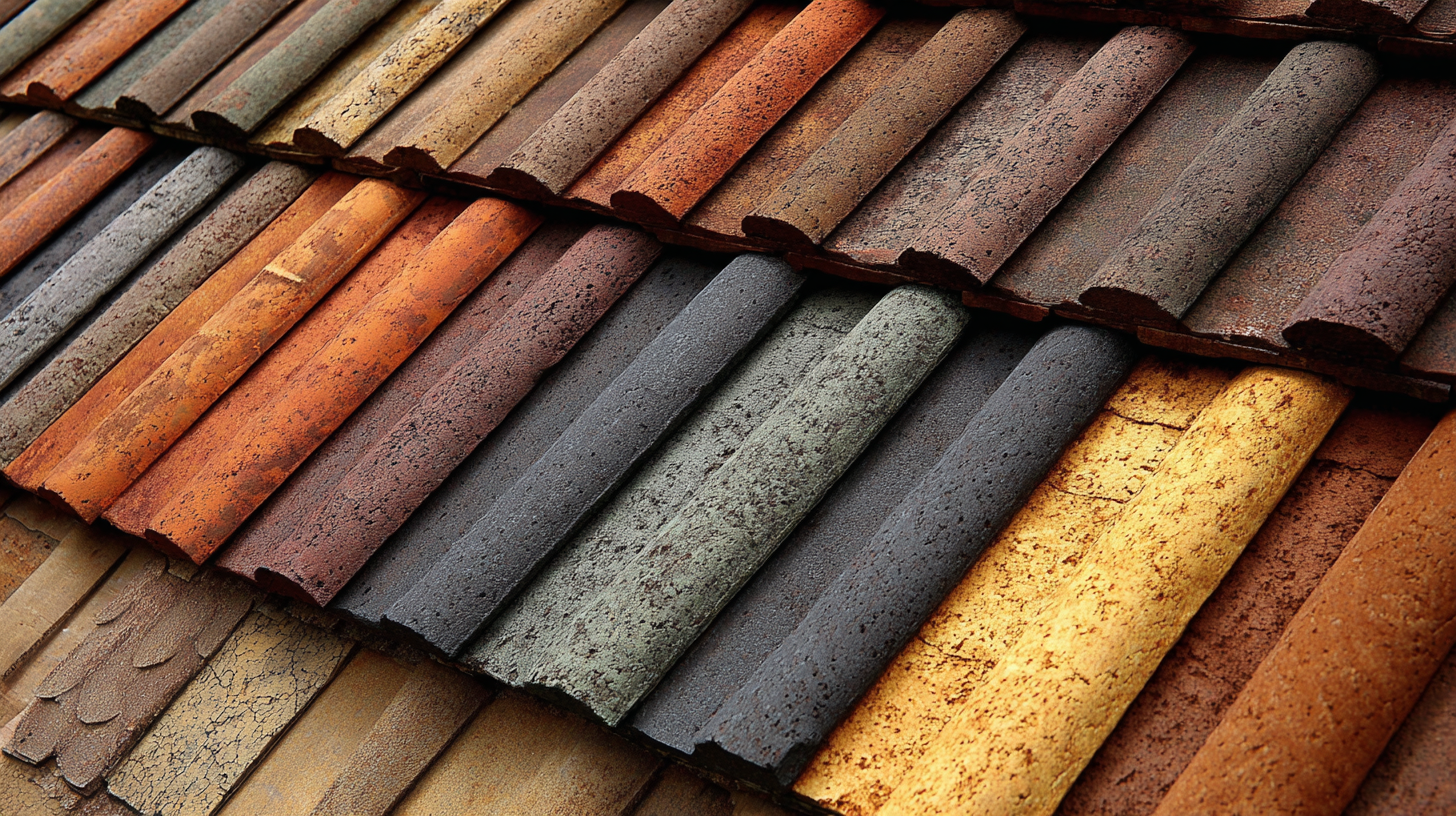
Moreover, the regional climate plays a pivotal role in your choice of roofing tiles. In areas prone to heavy rain or extreme temperature fluctuations, it’s essential to choose soundproof tiles that are both waterproof and resistant to thermal expansion. The National Roofing Contractors Association indicates that tiles made from materials like concrete or clay not only excel in sound absorption but also offer durability under harsh weather conditions. Selecting roof tiles that accommodate these environmental challenges while providing superior acoustical performance will ensure that your home remains a peaceful sanctuary against external noise.
When budgeting for soundproof roof tiles, it's crucial to balance quality with cost. According to a report by the National Association of Home Builders (NAHB), soundproofing solutions can range significantly in price, from as low as $1 to as high as $10 per square foot depending on the materials and installation processes involved. Aiming for mid-range options often yields the best results, allowing homeowners to achieve substantial noise reduction without overspending.
In addition to the upfront costs, consider the long-term savings soundproof roof tiles can offer. The American Society of Interior Designers (ASID) estimates that effective soundproofing can lead to a 15-20% increase in property value and improved energy efficiency, reducing heating and cooling costs. When selecting soundproof roof tiles, look for products that meet industry standards, such as ASTM E90, which tests sound transmission class (STC) ratings. Investing in tiles with an STC rating above 50 will ensure noticeable noise reduction, making it a worthwhile expenditure in the long run.
When considering the installation of soundproof roof tiles, choosing professional services can significantly impact the effectiveness and longevity of your soundproofing solution. According to a report by the National Institute of Building Sciences, well-installed soundproof materials can reduce noise transmission by up to 80%. This highlights the importance of skilled professionals who understand the nuances of soundproofing technology. They can assess your home’s specific acoustical needs and recommend the most effective products, ensuring that the tiles are installed correctly to maximize their sound-dampening potential.
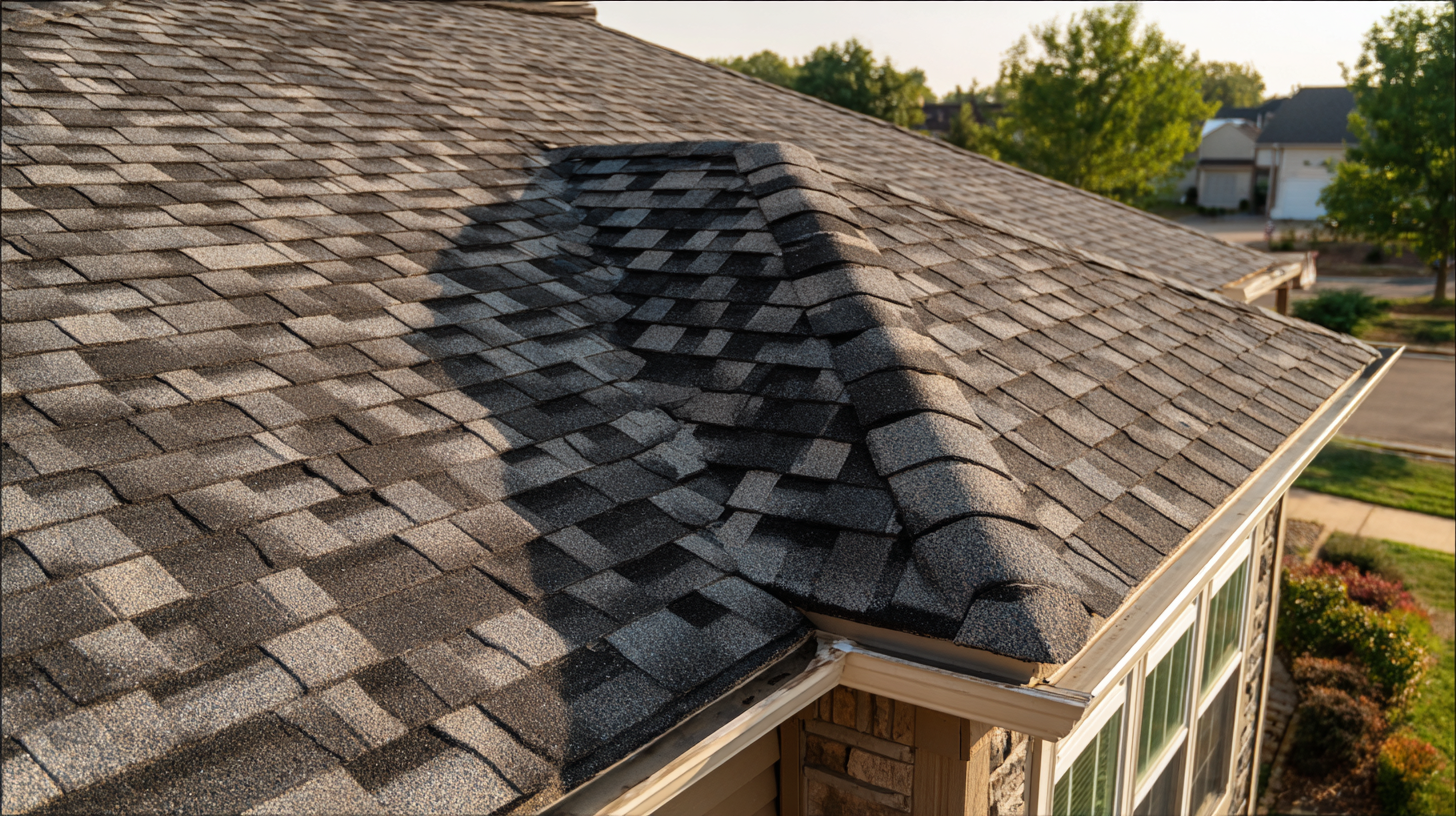
Additionally, it is crucial to consider the installation methods used by professionals. Research indicates that a properly installed roof can lead to a 20% improvement in energy efficiency, which complements soundproofing efforts. Many service providers use advanced techniques, such as sound barriers integrated into the roofing system, to enhance both insulation and acoustic performance. By entrusting the installation to experts, homeowners can ensure that their investment in soundproof roof tiles not only enhances their living environment but also contributes to overall energy savings and comfort.
